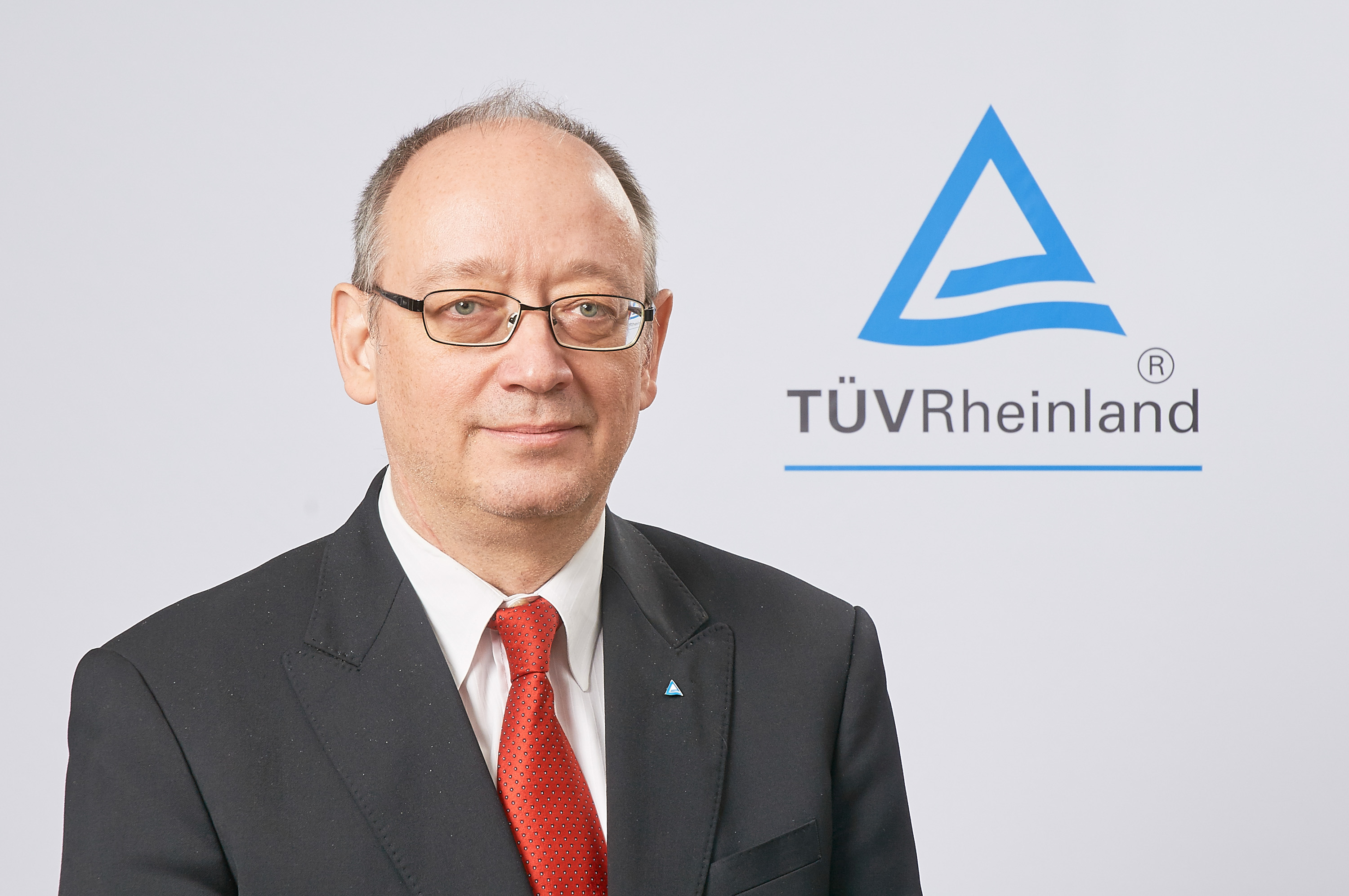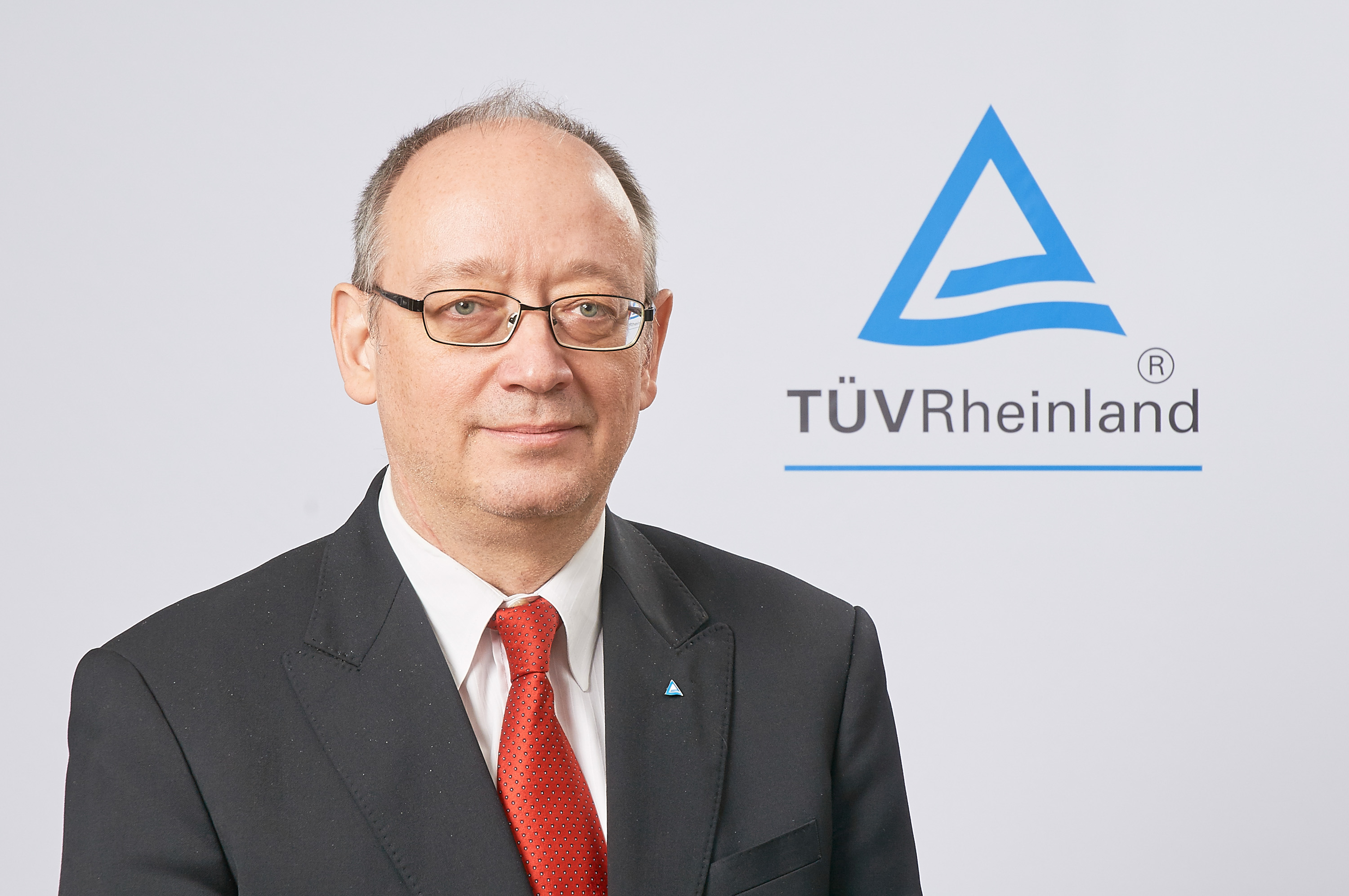The project named PVKlima, in collaboration with Oldenburg University and the Research Centre at Jülich, Germany supported by the Government of Germany, would study the energy yield of Solar PV modules under different climatic conditions
Germany based TÜV Rheinland, a worldwide leader in Testing, Training, Inspection, Consulting and Certification, has announced that it has commissioned a Solar PV modules testing facility at Sriperumbudur, near Chennai.
Set up over an area of 5,000 sq. ft., this project called PVKlima, has been  spearheaded by TUV Rheinland in collaboration with the Government of Germany, with an aim to answer the fundamental questions regarding the extent to which climatic factors have an impact on the energy yield of Solar PV modules.
spearheaded by TUV Rheinland in collaboration with the Government of Germany, with an aim to answer the fundamental questions regarding the extent to which climatic factors have an impact on the energy yield of Solar PV modules.
According to the Global Research and Development study initiated by TÜV Rheinland group in cooperation of Government of Germany, long term behavior and performance of thin film Photovoltaic modules are required to be studied under different geographical conditions with different tropical conditions. As per the study the Photovoltaic modules will be exposed to sunlight for a period of about 4 years and their performance will be monitored in terms of how much energy they generate in different environmental conditions. This data will be used for further analysis and to stream line the Solar technology and its benefits globally. The project is initiated by the Government of Germany under the public interest. The results and output of analysis will be published for their future technological advancements.
There are total five sites selected across the globe keeping the temperatures, humidity ranges and sun directions as the criteria for selection. The proposed sites are Ancona, Italy as Mediterranean weather conditions, Tropical hot and humidity conditions Chennai, India, Arid – dry and hot – Arizona, USA. Desert climate – Saudi Arabia
“Sriperumbudur (India) will be the 5th and latest testing facility under PVKlima to take comparable measurements of energy yields and develop methodologies to forecast and increase the energy yields of Solar PV modules“said Mr. Kalyan Varma, Vice President, Business Stream Products, TÜV Rheinland India. “The special features of the various Solar PV technologies would be analyzed with regard to the climate effects, seasonal effects, low-light behavior, temperature behavior and spectral behavior.“
“The research results will then be used to improve computer programs used to calculate and forecast energy yields and thereby minimize risks for the operation of photovoltaic systems from the perspective of investors and operators. The Chennai facility will be a major boon to the Solar PV modules manufacturers in India as they can get critical inputs from this project regarding the technological improvement of their products” added Mr. Kalyan Varma.
Climate data modeling constitutes another focal point of the project and is conducted on the basis of satellite data and terrestrial radiometer data. Monitoring activities at the locations provide comprehensive meteorological data material for this. The researchers want to derive reference data sets for the different climatic regions in order to develop improved models for calculating the energy yield of Solar Photovoltaic solar modules. These modules will draw on performance data measured in the laboratory but will also take the different climatic conditions into account.
In India, TÜV Rheinland offers a wide range of services in the field of Product Testing and Certification. The company specializes in offering testing facilities and capabilities for EMC / EMI, Electrical Safety, Environmental, Wireless, Medical Equipment’s, IT/Telecom, PV, Automation, Household / Commercial /Industrial Electrical & Electronic products across wide range of applications.









